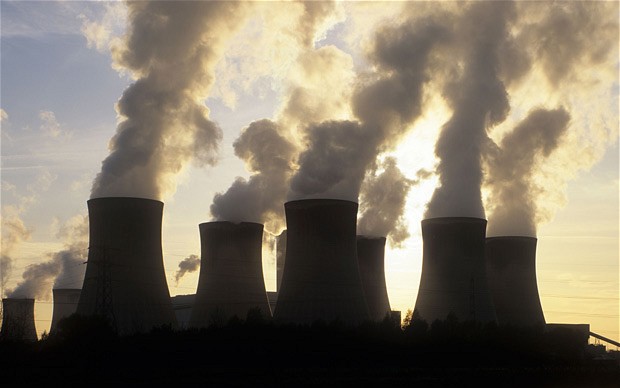Lima on Monday, August 22, 2022, signed a motion calling for a Fossil Fuel Non-Proliferation Treaty, a global mechanism that aims to explicitly address the source of 86% of the CO2 emissions that cause climate change: fossil fuels, fossils. The motion was approved unanimously by all 39 city council members.

Lima councilor, Carlo André Ángeles Manturano, who presented the motion, said: “In the face of the climate emergency that we are facing as a society, the lack of firm commitments to action on the part of our authorities and our governments is what brings us ever closer to irreversible damage. Thus, it is necessary to take firm action on one of the main threats to this task, the proliferation of fossil fuels, an industry that projects to produce more than 110% of greenhouse gas emissions by 2030 of those required to avoid exceeding the barrier. of 1.5 degrees Celsius.
“That is why, from the Government of Metropolitan Lima, I presented the motion to join this crusade and call for the Non-Proliferation of Fossil Fuels in the city of Lima, also requesting the Peruvian national government to replicate this action and adhere to the international treaty. This unanimous decision of the Metropolitan Lima Council was taken with great enthusiasm, and I reaffirm my commitment to continue promoting the necessary actions at the local, national and international levels to combat climate change.”
The Peruvian capital, which has more than 11 million inhabitants and who represent a third of Peru’s population, is now one of the more than 60 cities around the world that support the Treaty proposal, including: London, Barcelona, Sydney and Los Angeles. It is also the eighth municipal government, and the first capital in Latin America to support the proposal, after seven municipalities in Costa Rica . This is a first step for Lima, which has the second worst air quality in Latin America, according to the World Health Organisation, due to its poor public transport system.
Coal, oil and gas make up the majority of the country’s energy mix; Considering transportation, electricity generation, and domestic use, fossil fuels account for more than 70% of Peru’s energy. The burning of fossil fuels poses serious threats to human and planetary health, as do all stages of fossil fuel exploitation.
Earlier this year, Peru suffered its worst environmental disaster when the La Pampilla refinery, operated by Respol, spilled more than 10,000 barrels of crude off its shores, covering an area the size of Paris, clouding 25 Lima beaches, killing local wildlife, and disrupting the livelihoods of coastal fishermen who depend on these marine ecosystems. The Peruvian capital is home to this refinery, the largest in the country, and other infrastructure related to fossil fuels due to its proximity to El Callao, the main port in the South Pacific region.
Augusto Duran, a specialist in clean energy and energy transition, and coordinator of the campaign at MOCICC (Citizen Movement against Climate Change, based in Peru, one of the main promoters of the presentation of the motion), said: “The call of Metropolitan Lima, one of the largest cities in Latin America, to the initiative of the Treaty is a first big step to be able to open debates around the need to leave fossil fuels in the ground and start a fair and popular energy transition. It has a vindictive character since the coast of Lima and Callao has witnessed the greatest ecological disaster that has occurred in recent times.
“Adhesion as such will initially allow pressure to be put on the executive and legislative branches regarding the need for policies that strengthen the climate and environmental struggle. Although the motion as such is a symbolic element, it strengthens these advocacy processes. That is why we seek that more cities can make the call for the Treaty.”
Claudia Campero Arena, Fossil Fuel Non-Proliferation Treaty Partnership Coordinator, said: “We are delighted that Lima has become the first Latin American capital to support the Fossil Fuel Non-Proliferation Treaty. Given that Lima is the capital of a diverse country that has been hurt by fossil fuel extraction, this leadership is a welcome impetus for positive change in Peru and the region towards a just energy transition away from fossil fuels.
“The vote came shortly after the inauguration of Colombian President Gustavo Petro and Vice President Francia Márquez, whose climate leadership for the elimination of fossil fuels shows that the Latin American extractivist model is beginning to be seriously questioned.”
The Treaty proposal now has the support of 101 Nobel laureates, 3,000 academics, a growing interfaith group of religious leaders, 320 parliamentarians, thousands of youth activists, and more than 1,500 civil society organisations, including several Peruvian organisations such as the Organisation of Indigenous Peoples of the East and Peru Without Ecocide.
